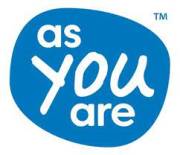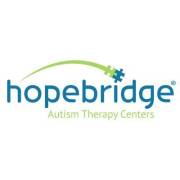2 Best Diagnostic Evaluation Providers near Cincinnati, OH 45202
As You Are
Diagnostic Evaluations,
Insurances:
Ages Served: 16 months - 10 years old
Care Settings:
2904 Foltz Drive, Edgewood (7.4 mi)
Insurances:
Ages Served: 15 months to 10 years
Care Settings:
Contact Now


